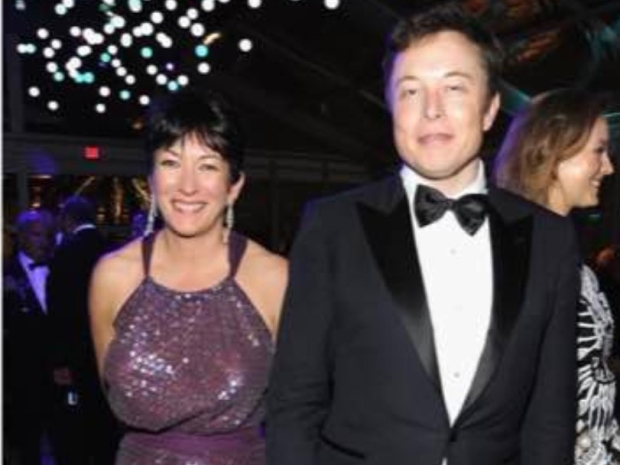Last week he returned accounts of an infamous neo-nazi Andrew Anglin who is on the lamb after ducking his fines for harassing a Jewish family while banning an account that monitors the flight paths of his private jet.
Apparently, Musk made up a new rule on the fly [pun intended] which said that the sharing of anyone’s current location was verboten.
The account is run by Jack Sweeney, a Florida college student and aviation enthusiast who ran similar “bot” accounts tracking other celebrities’ airplanes.
Initially, other Sweeney-run accounts tracking private jets used by Bill Gates, Jeff Bezos, Mark Zuckerberg and various Russian oligarchs were still live on Twitter and then they were shut down by Twitter as the media started asking questions as to why those accounts were not given the same treatment.
Sweeney operates accounts tracking Musk’s jet on rival social platforms such as Facebook and Instagram.
This is the same Elon Musk who wrote on 7 November: “My commitment to free speech extends even to not banning the account following my plane, even though that is a direct personal safety risk.”
While Musk is not going to care that much about being caught out by those without much cash, his support of right-wing free speech over general free speech is heading his company to a disaster in Europe.
The EU has apparently warned Musk that Twitter will have to comply with some of the world's toughest laws targeting toxic content.
A new digital rulebook the Digital Services Act means the European Union is likely to be a global leader in cracking down on Musk's reimagined platform, the 27-nation bloc will face its own challenges forcing Twitter and other online companies to comply. The law doesn't fully take effect until 2024.
It means that platforms and search engines more accountable for illegal and harmful content including hate speech, scams and disinformation.
All these will run up against Musk's whipsawing policies at Twitter which are the opposite. This could mean that Musk’s Twitter is lining up to be Europe's first major test case when it comes to enforcing the DSA.
Oddly, Musk has told EU digital policy chief Thierry Breton the bloc's rules were "a sensible approach to implement on a worldwide basis” although it is not clear that he had read them or that he realised what it would mean to his new social notworking site.
Musk's style of making random changes when he feels like it will not sit well under the new European rulebook, experts said.
For example, Musk's disastrous rollout of paid "verified" blue checks likely would have triggered an EU investigation and possibly hefty fines and such significant design changes wouldn't be allowed without a risk assessment.
Musk’s abrupt disbanding of Twitter's Trust and Safety Council also would raise some eyebrows in Brussels. While advisers aren't required under the EU rules, good-faith voluntary efforts show "European regulators believe that they are a sign that care about transparency and are invested in trust and safety.
French President Emmanuel Macron told "Good Morning America" that Musk's approach is "a big issue" that will result in "more regulation,". In Europe, "you can demonstrate you can have free speech, you can write what you want. But there is responsibilities and limits," he said.




